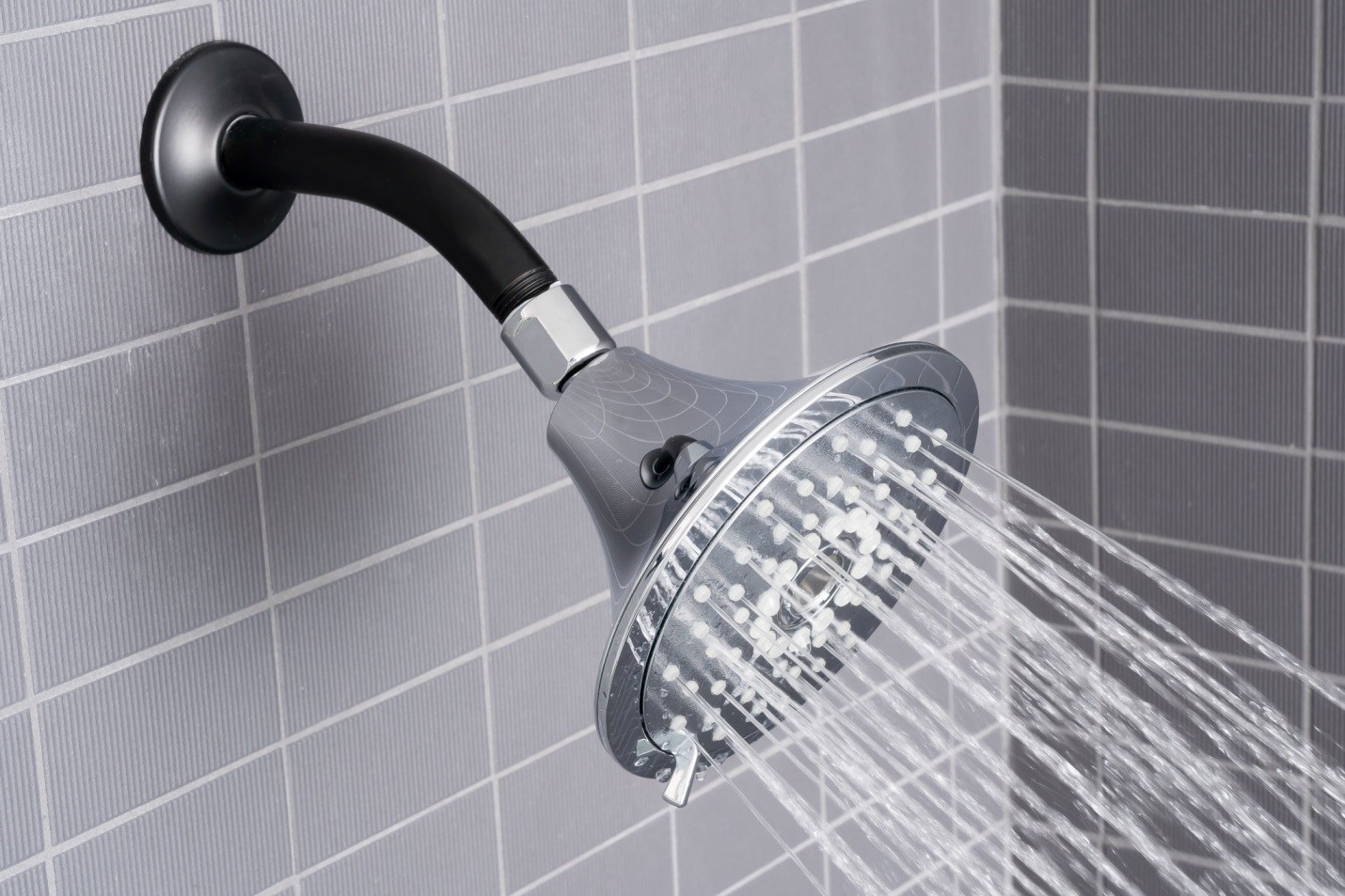Understanding the Implications of Solar Geyser Prices

In the pursuit of eco-friendly and cost-effective energy solutions, solar geysers have emerged as a prominent choice for homeowners and businesses alike. These systems harness the power of sunlight to heat water, offering numerous benefits over traditional electric or gas geysers. However, one crucial factor that often influences the decision-making process is the price of solar geysers. Let’s delve into the implications of solar geyser prices and what they mean for consumers.
1. Initial Investment vs. Long-Term Savings
One of the primary considerations when purchasing a solar geyser is the initial investment cost. Solar geyser prices can vary depending on factors such as capacity, brand, and installation complexity. While the upfront cost may seem daunting compared to conventional geysers, it’s essential to look at the bigger picture.
2. Cost Savings Over Time
Despite the higher initial investment, solar geysers offer significant cost savings over their lifespan. By harnessing sunlight as a free and renewable energy source, solar geysers reduce reliance on electricity or gas, resulting in lower utility bills. Over time, the savings on energy expenses can offset the initial purchase price, making solar geysers a financially prudent choice in the long run.
3. Return on Investment (ROI)
Calculating the return on investment is crucial for assessing the financial viability of installing a solar geyser. Factors such as energy savings, government incentives, and maintenance costs contribute to the overall ROI. Generally, solar geysers have a relatively short payback period compared to other renewable energy systems, making them an attractive investment for homeowners and businesses looking to reduce their carbon footprint and save money on utilities.
4. Quality and Durability
When considering solar geyser prices, it’s essential to evaluate the quality and durability of the system. Opting for a cheaper option may result in lower efficiency, shorter lifespan, and higher maintenance costs in the long term. Investing in a high-quality solar geyser from reputable brands ensures reliability, performance, and peace of mind for years to come.
5. Government Incentives and Rebates
Many governments offer incentives, rebates, and tax credits to encourage the adoption of solar energy systems, including solar geysers. These financial incentives can significantly offset the initial purchase price, making solar geysers more affordable and accessible to a broader range of consumers. Before making a purchase, it’s advisable to research available incentives and take advantage of any applicable programs.
6. Environmental Impact
Beyond financial considerations, the price of solar geysers also reflects their environmental impact. By reducing reliance on fossil fuels and lowering carbon emissions, solar geysers contribute to a cleaner and more sustainable future. When comparing prices, consumers should weigh the environmental benefits of solar energy against the costs of traditional energy sources.
In conclusion, while solar geyser prices may initially seem high, they come with a host of long-term benefits, including cost savings, energy independence, and environmental sustainability. By carefully evaluating factors such as ROI, quality, and available incentives, consumers can make informed decisions that align with their financial and environmental goals. Ultimately, investing in a solar geyser is not just a purchase—it’s a step towards a brighter and greener future.
For more information on solar geyser prices and sustainable energy solutions, visit our website at solargeyserstechnology.co.za.







